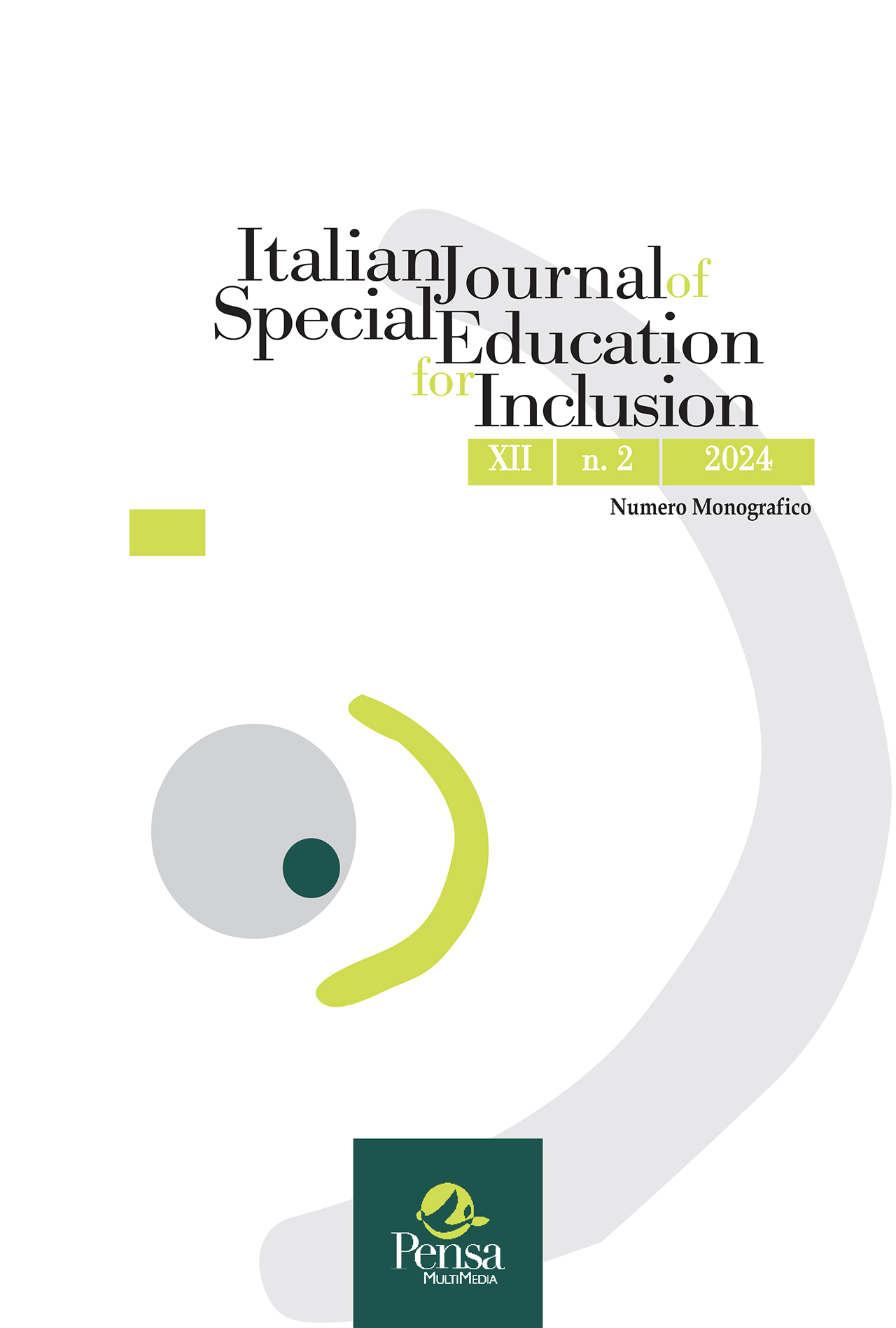The integration of AI and assistive technology in special education: a paradigm shift in teacher training and student support
DOI:
https://doi.org/10.7346/sipes-02-2024-13Abstract
The integration of artificial intelligence (AI) and assistive technologies in special education is becoming a valuable tool for promoting school inclusion and improving the quality of learning for students with special educational needs. However, the effective adoption of these technologies in the Italian context is hindered by various factors, including those related to teacher training and the insufficiency of infrastructural resources. Decree-Law 71 of 2024 introduced new measures to promote the use of assistive technologies and strengthen the training of support teachers, but several issues have emerged that limit its impact. In this study, we explored teachers' perceptions regarding the effectiveness of assistive technologies and their implementation, highlighting the need for more targeted practical training and infrastructural investments. The findings show that, despite the general enthusiasm for the use of AI and digital technologies, significant challenges remain related to their practical application in Italian schools. Only through a systemic approach that integrates continuous training, adequate resources, and ethical regulation can true school inclusion be guaranteed.
Downloads
Published
Issue
Section
License
Copyright (c) 2025 Sara Pellegrini, Riccardo Sebastiani

This work is licensed under a Creative Commons Attribution 4.0 International License.


